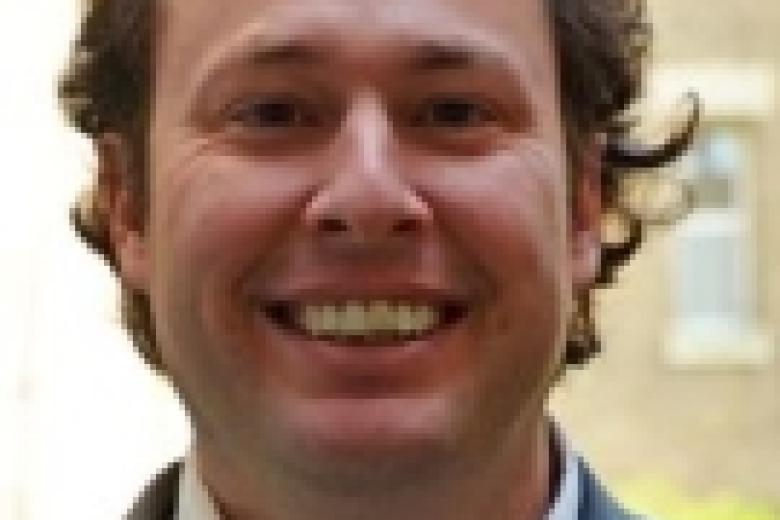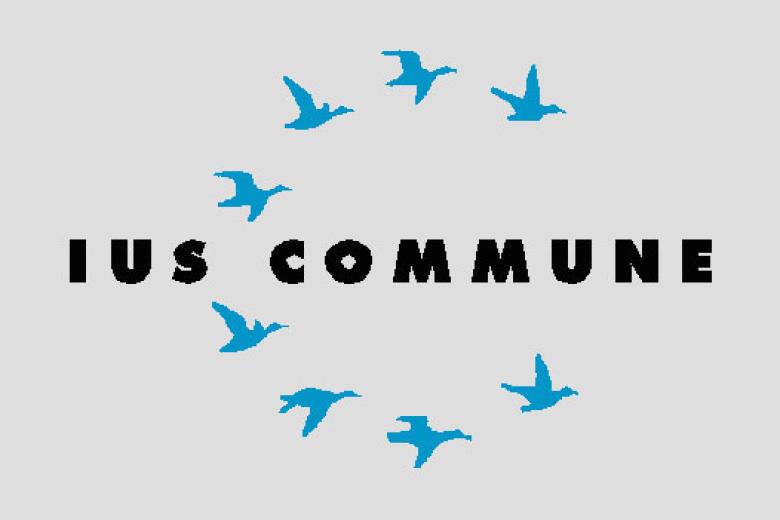Heroes and Exemplary Actions in Legal Academia
Academic life entails walking a path in which we can learn and help others learn. It is a two way road, where awareness of roles and of the impact of our actions is fundamental. A question tends to emerge in that academic path: to what extent is it possible to speak of the existence of academic heroes?
One can be considered a hero, and one can consider someone a hero. Walking an academic path might lead us to encounter people that trigger hero-related feelings. It is natural to encounter such a feeling when walking the academic path, since we might aim to a specific behaviour or goal and we might try to replicate moves that take us closer to our objectives.
The status of an academic hero can change with time. Not everyone can be (or even be considered) a hero at all times. The academic path might call for a specific hero at a specific time and space. It might call for a hero when having to deal with a specific action. We might look upon to someone that serves as a role model on how to act when aiming to a specific behaviour. Yet, that person might not be the one we would look upon when aiming to a different behaviour. A hero in producing research might not be a hero in delivering the output of research. A hero in teaching might not be a hero in team leadership. Heroes tend to provide behaviours that we aim to imitate when walking the academic path.
Academic heroes also have weaknesses. Some aspects in the academic path of heroes can be improved or could have been done differently. One should not look at heroes blindly or expect from them a holistic heroic lifestyle. There is always room for improvement. Once more, academic life entails walking a path in which we can learn and help others learn.
Everyone can be an academic hero. The potential to impact others is always present. Faculty members and students, senior and junior, everyone, can learn from each other, indistinctly. Everyone can serve as inspiration on how to behave, on how to reach a goal. The potential to be a hero can be nurtured by means of mentoring and coaching activities. There, the protagonists of this modus vivendi can learn best practices, manners, and “codes” of behaviour. Respect must be present in those activities, always. Short cuts never lead to the completion of a successful academic path.
Academic paths might be easier to walk if heroes are replaced by a more mundane approach. The path through academic life can benefit my looking at exemplary actions rather than at heroes. Looking for inspiration on how to act in a specific case can give flexibility to all actors that walk the academic path, regardless of who the actor is/was. There is benefit in embracing flexibility when opting for an approach to follow. A supermarket of exemplary actions is out there for everyone to benefit. Let us create a spiral up of exemplary behaviours!
Agustín Parise explores lessons to be learned from engaging in academic legal research.
A. Parise
Agustín Parise (Buenos Aires, Argentina) is Associate Professor of Law at the Faculty of Law of Maastricht University. He received his degrees of LL.B. (abogado) and LL.D. (doctor en derecho) at Universidad de Buenos Aires (Argentina), where he was Lecturer in Legal History during 2001-2005. He received his degree of LL.M. at Louisiana State University Law Center (USA), where he was Research Associate at the Center of Civil Law Studies during 2006-2010.

-
Known Unknowns: A Macro-Meso-Micro Socioeconomic Approach to Uncover the Dark Number of Victims of Human Trafficking for the Purpose of Labour Exploitation
These last few weeks, Minister Paul of Social Affairs and Employment of the outgoing cabinet has been in the news for unilaterally deciding no longer to gradually phase out the Dutch regulation that allows temporary employment agencies to deduct a quarter of the minimum wage from migrant workers...

-
The Decennial Jubilee of Ius Commune in the Making
On 27 November 2025, the tenth edition of the workshop series on Ius Commune in the Making took place within the 29th Ius Commune Conference organised by the University of Amsterdam. This blog entry reproduces a public address by one of the members of the organising committee of that workshop series...

-
Overriding Mandatory Rules in International Arbitration: Balancing Business Freedom and State Interests
Imagine two companies from different countries enter a business deal. They pick a neutral country’s law to govern their contract and agree to arbitrate any disputes, thinking they can sidestep each other’s national courts. But what if one country’s law absolutely prohibits something in the deal –...
